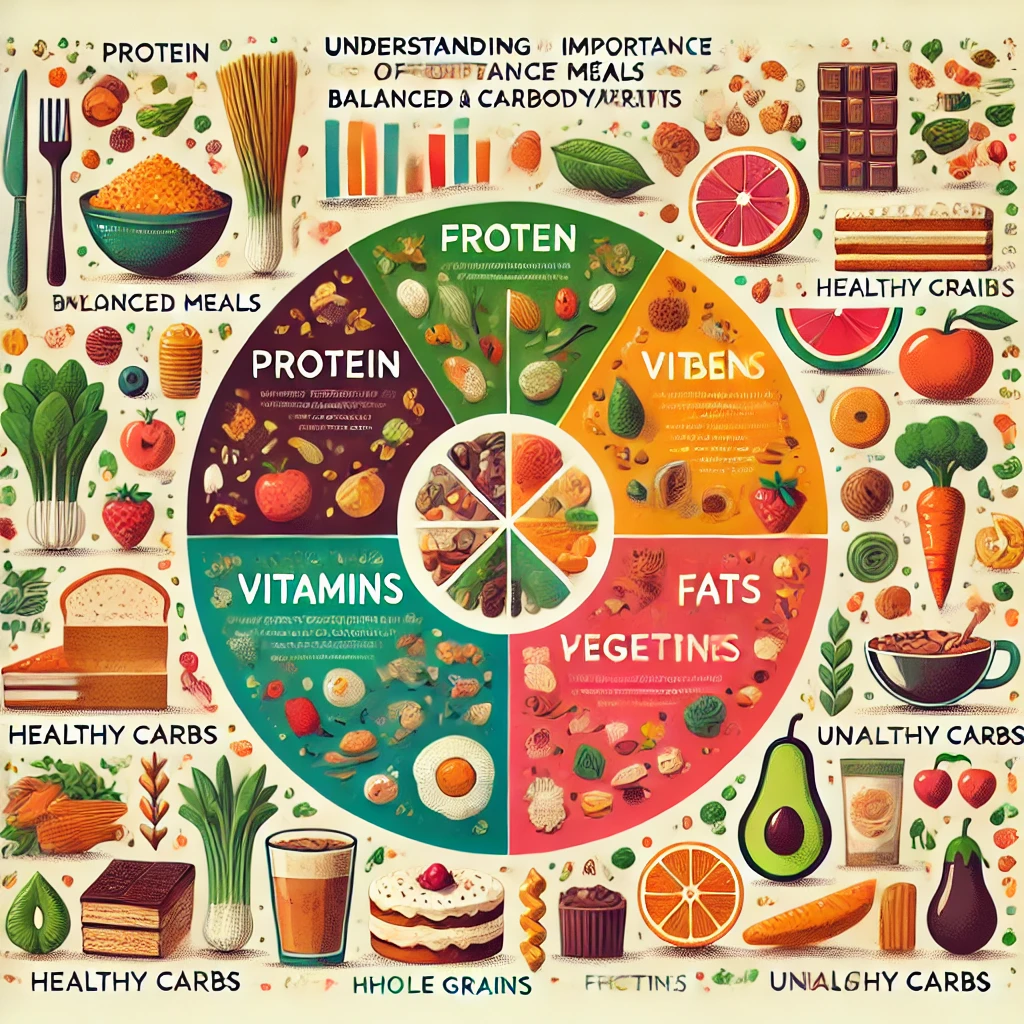Understanding the Importance of Balanced Meals and Carbohydrates
To maintain a healthy lifestyle, it is essential for every meal to be well-balanced, incorporating sufficient amounts of protein, fiber, vitamins, fats, and carbohydrates. Each of these nutrients plays a crucial role in supporting overall health, and a deficiency in any one of them can elevate the risk of various diseases. Although many individuals on weight-loss diets often attempt to eliminate carbohydrates, it is important to recognize that completely avoiding carbs is neither feasible nor advisable. Healthy carbohydrates are vital for maintaining optimal digestion and overall well-being. The challenge lies in our established habits and preferences surrounding certain types of carbohydrates, which can make it difficult to give them up entirely. If you are curious about why it can be so hard to part ways with carbs, read on.
Why Is It Challenging to Eliminate Carbs?
Researchers have identified that carbohydrates facilitate the entry of an amino acid called tryptophan into the brain. When levels of tryptophan rise in the brain, the body responds by producing increased amounts of serotonin, often referred to as the “feel-good” hormone. This hormone contributes to feelings of happiness and peace, which is why consuming carbohydrates can enhance our mood.
The Impact of Unhealthy Carbs on the Brain
During stressful times, our brains seek comfort, often turning to unhealthy carbohydrates like cakes, chocolates, or junk foods. These foods trigger a rise in tryptophan levels, subsequently leading to increased serotonin production. While consuming these unhealthy options can temporarily elevate our mood, the serotonin levels drop quickly, primarily because they are closely linked to carbohydrate intake. As the body starts to experience a deficiency in carbohydrates, cravings for them intensify.
Types of Carbohydrates
Carbohydrates can be categorized broadly into two main types: healthy carbs and unhealthy carbs.
- Unhealthy Carbs: These include junk and processed foods such as sweets, cakes, chocolates, cookies, and chips. Foods high in sugar and refined ingredients offer little nutritional value. Instead, their high caloric content can be detrimental to overall health and can contribute to various health issues.
- Healthy Carbs: In contrast, healthy carbohydrates are crucial for the body’s functioning. These include whole grains, fruits, and vegetables, as well as staples like wheat and rice. Healthy carbs play a significant role in promoting digestive health and ensuring smooth bodily functions. They provide sustained energy levels, help maintain fullness for longer periods, and contribute to an active lifestyle.
The Necessity of Healthy Carbohydrates
Incorporating healthy carbohydrates into your diet is essential for energy maintenance and overall health. Dietitians and nutritionists recommend including these healthy carbs in appropriate portions to support bodily functions. Consuming healthy carbohydrates ensures that the body remains energized, digestive systems function optimally, and overall well-being is achieved.
Gradual Reduction of Unhealthy Carbs
For those who have developed a habit of consuming unhealthy carbohydrates, experts suggest gradually reducing intake rather than eliminating them abruptly. A sudden withdrawal from these foods can lead to cravings and withdrawal symptoms. The key is to find a balance. While it is important to limit unhealthy carbs, completely avoiding healthy carbohydrates can disrupt the body’s functions. A balanced approach helps maintain energy levels and keeps nutritional intake in check.
Conclusion
In summary, maintaining a balanced diet that includes a healthy mix of carbohydrates, proteins, fats, and other essential nutrients is crucial for optimal health. While it may be tempting to cut out carbs entirely, it is important to understand the distinction between healthy and unhealthy carbohydrates. Healthy carbohydrates are vital for energy, digestion, and overall well-being, while unhealthy carbs can lead to adverse health effects. By gradually reducing unhealthy carbs and ensuring the inclusion of healthy options in the diet, individuals can navigate their dietary choices more effectively while supporting their overall health.


